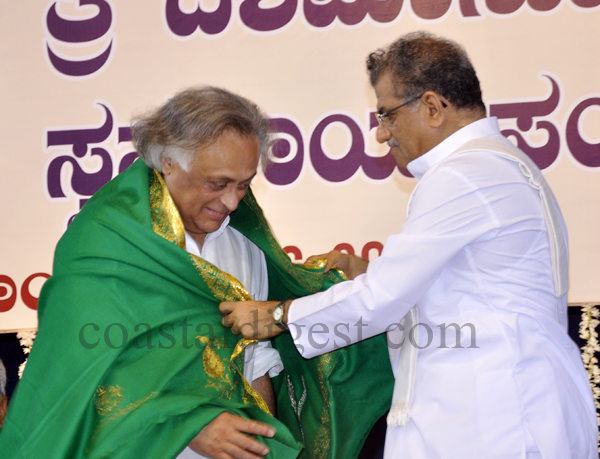
Dharmasthala, June 22: A Memorandum of Understanding will be signed between the Dharmasthala Trust and the Union Rural Development Ministry, to look after Rural Self-employment Training Institutes (RSETI) managed by the Union government.
During the tri-decennial celebrations programme of Sri Kshetra Dharmasthala Rural Development Project (SKDRDP) at Dharmasthala on Friday, Union Minister for Rural Development Jairam Ramesh requested Dharmadhikari Dr D Veerendra Heggade to take over the 527 RSETIs opened by the Ministry, across the nation.
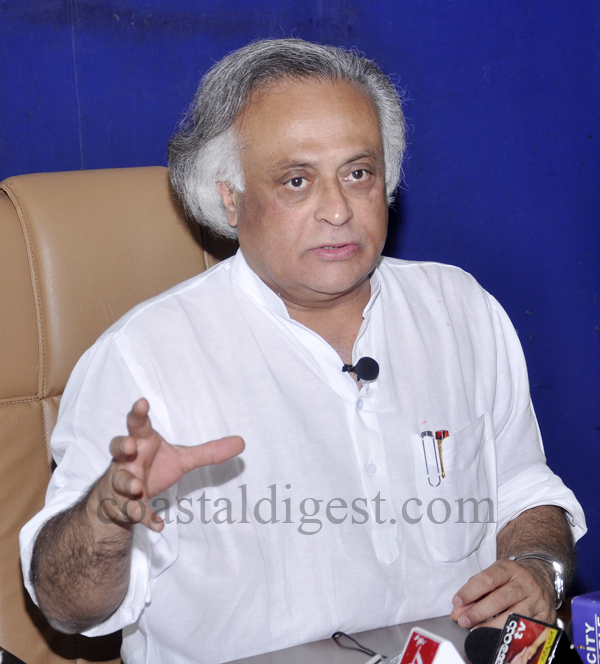 Expressing dissatisfaction over the functioning of the institutes set up a year ago, he asked the Dharmasthala Trust to manage them.
Expressing dissatisfaction over the functioning of the institutes set up a year ago, he asked the Dharmasthala Trust to manage them.
“The Finance Ministry will provide the necessary finance for these institutes which have been set up at a cost of Rs one crore each. While the Rural Development Ministry will provide moral support, the banks will provide the manpower and the Dharmasthala Trust should provide management assistance,” he requested.
Agreeing in principle to the proposal, Dr Heggade said that as per the MoU, the Trust will have to achieve a success rate of 40 per cent in the first year, 50 per cent in second year and 70 per cent in the third year.
He said the Trust will manage these institutes under the monitoring cell set up by the Ministry which will also be looked after by the Dharmasthala Trust. Earlier, speaking with mediapersons, Jairam Ramesh insisted upon declaring Kuduremukh National Park atTiger Reserve area.
It is of great necessity to declare the Park as a Tiger Reserve, specially in the backdrop of growing naxal menace. The project demands the eviction of the families from the forest. As many as 14,000 families reside in the forest.
Among them, 600 applications from the families willing to come out of the forest had been pending for the last ten years. The rehabilitated families will be provided with minimum a compensation of Rs 10 lakh each. However, there will not be any forceful eviction. The process will be carried out in a most democratic way, he said
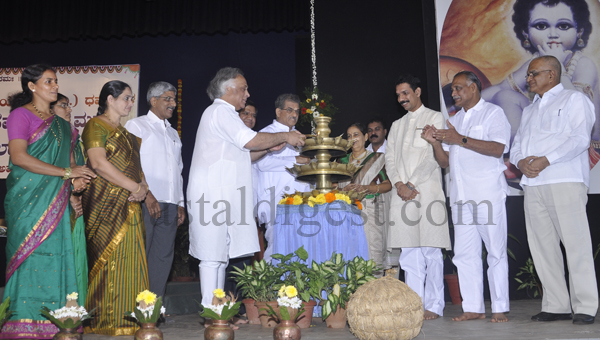
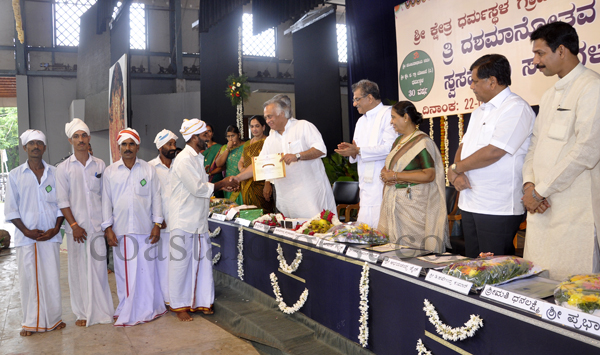
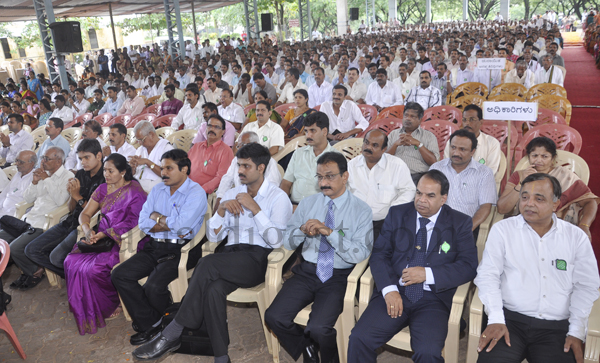
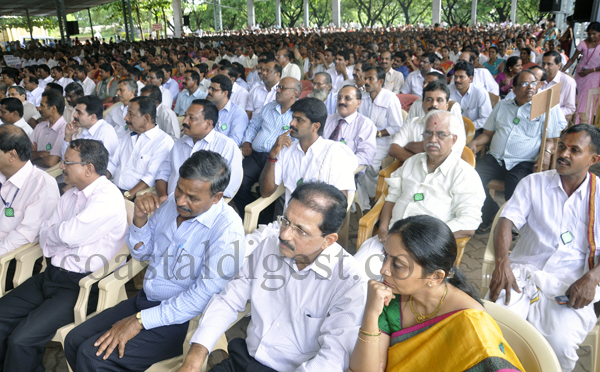
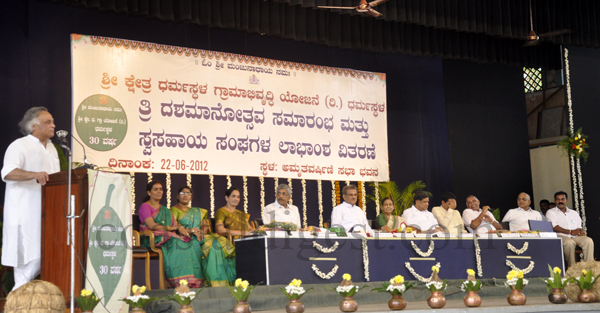
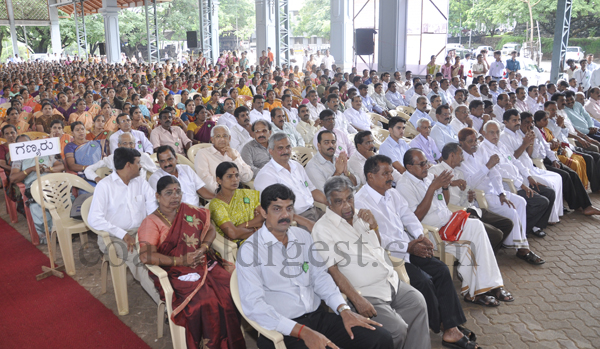
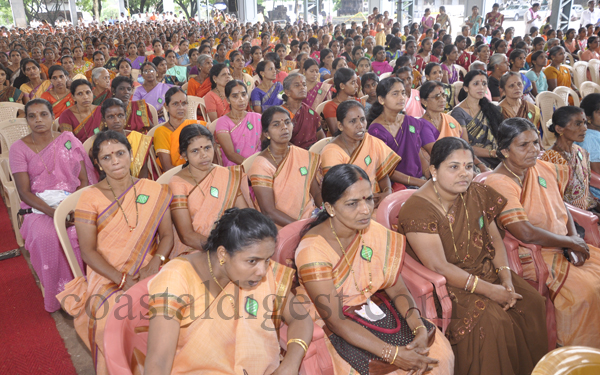
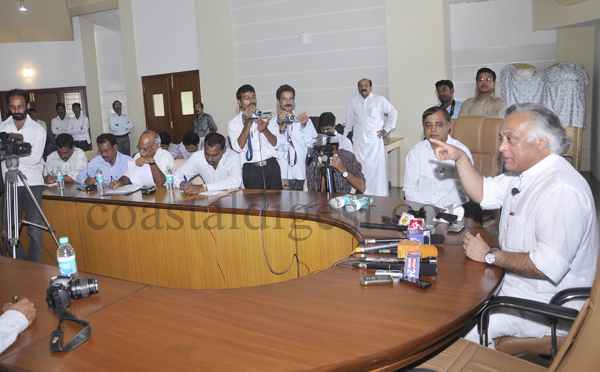
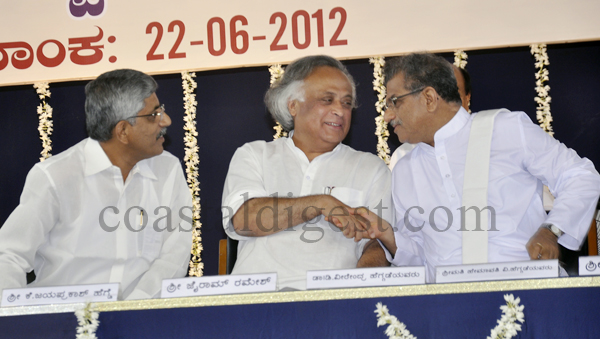





Comments
sevapratinidhi in koppa
sir i am manufacturer like paper plates,silver,colour,frooty,areca plate & green thali if u requriment please contact sir i am poor please support me.
Add new comment